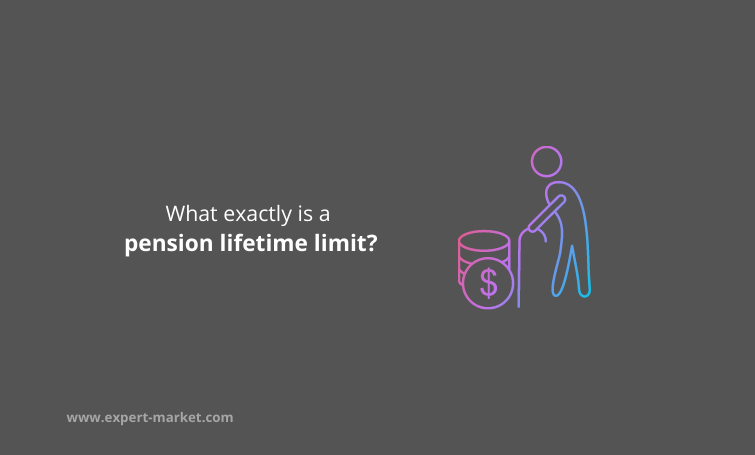Are you someone who has reached retirement age and wants to know more about the pension system? Do you wish to know about the pension lifetime limit and how you as an individual could manage your finances?
If you are concerned about your pension and are eager to know about the limit, then you have found yourself coming to the right article. In this article, we will be looking at the pension in detail and what exactly is a pension lifetime limit.

Basics of pension
If you are unaware of a pension, it is simply a tax-efficient way for you to make money after you have officially retired from a reputable workplace. Although there are many different types of pension, perhaps one of the most common ones is the workplace pension, where you and your employer both work and contribute to the pension.
One of the common benefits of having a stable pension is to have stability after you have officially retired. The pension funds you receive may be used in different fields of personal finance such as insurance, medical bills, house loans and much more.
Withdrawing pension
Now you might be wondering when exactly you can take out your pension and the rules and regulations you are required to follow. In simple words, you can take out your benefits from a personal or workplace pension at the age of 55. Although this is the typical age where you are allowed to take your pension, it may differ depending on your pension scheme and the type of job you are working.
It is worth mentioning that you can take out your workplace and personal pension way before you can take out your state pension in most cases. This allows you to be stable even after your retirement stages have started. Having a pension lifetime is an important and beneficial way to be stable and have comfortable and peaceful late years of life.
Lifetime pension allowance
When dealing with your pension, it is extremely crucial to know your pension allowance as there is a certain limit after which you will stop receiving pension funds. If your pension value is close to £1,000,000, it is important to know about the allowance system.
What happens is that pension allowance limits the total amount you can build up in pension benefits. If, for some reason, you exceed beyond the allowance, then you would have to pay a tax charge in excess when you either take a lump sum or income from your pension pot. The tax charges, in most cases, are 25% of any income and 55% of any lump sum.
How the allowance works
As we have mentioned earlier, it is extremely important to know and be aware that you could potentially be charged a tax fee if your allowance limits exceed the normal. You should also know about the test, which is applied every time you access your pension, and once you reach the age of 75, the test to determine your allowance will be applied whether you are taking any benefit or not.
The takeaway
So that is all when it comes to an understanding of the system of lifetime pension allowance. You should always stay within your allowance limits so that you do not have to pay any form of taxes. It is entirely up to you to make wise decisions regarding your financial situation.



























